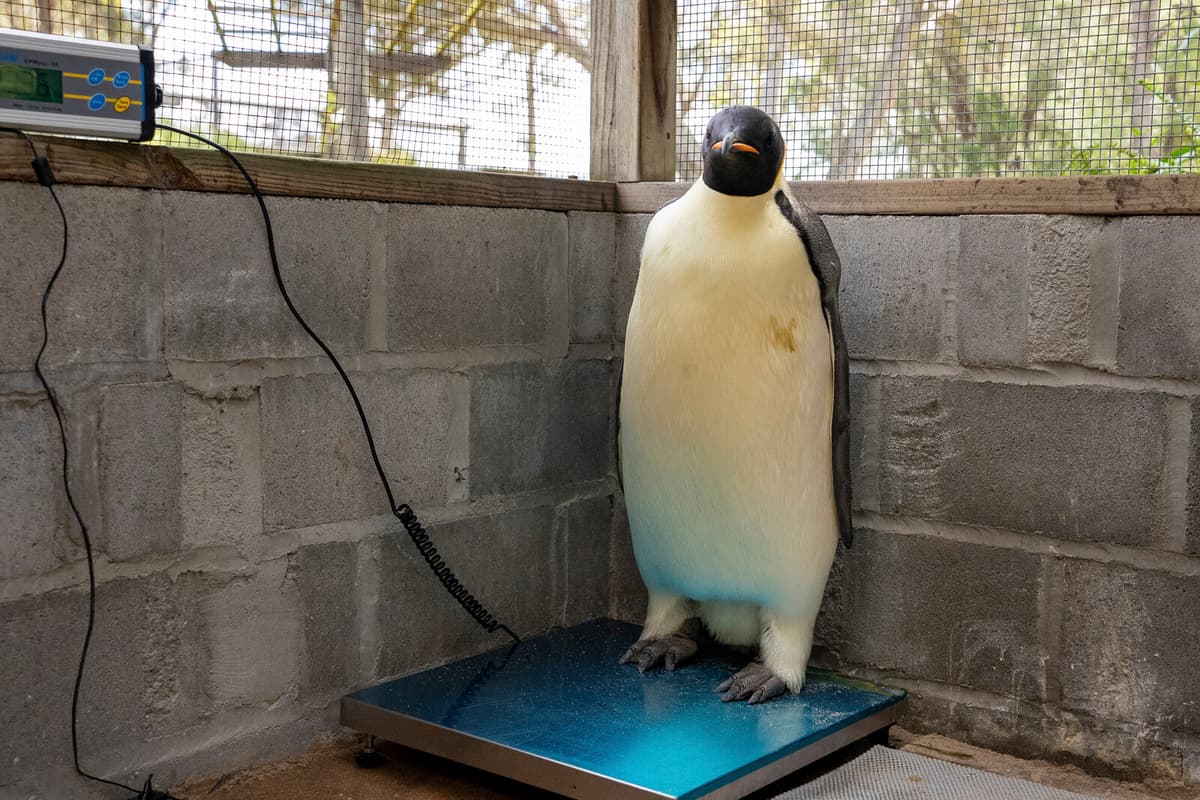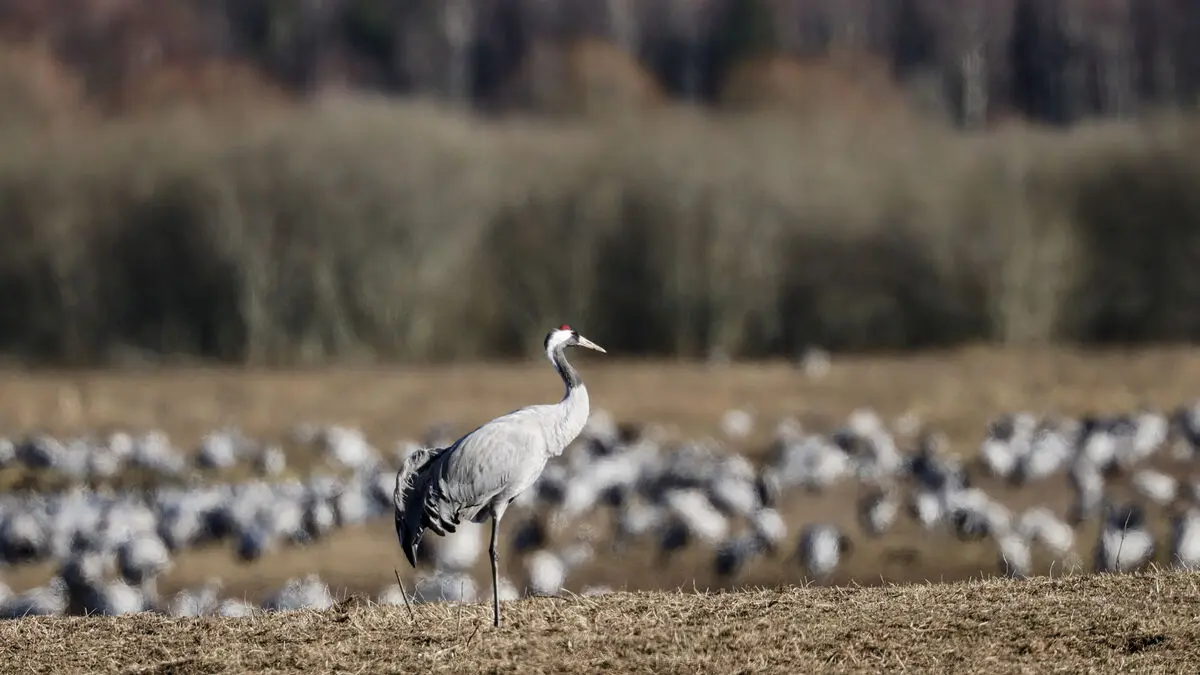It is the first time a penguin of this species has been seen so far north, according to researchers at the University of Western Australia.
It stood up in the water and waddled straight towards us and started washing itself, says Aaron Fowler, who discovered the penguin, to The New York Times, and continues:
We were in shock.
The long swim has taken its toll – when the male was discovered on the beach in the community of Denmark, it weighed significantly less than adult emperor penguin males usually do.
The penguin – who has been named Gus – is now receiving care from experts in seabird rehabilitation. Among other things, the bird is being sprayed with cold water to help it cope with the climate on Australia's west coast, which is much warmer than it is used to.
The emperor penguin, the largest and heaviest living penguin species, is endemic – which means it lives within a small geographic area – to Antarctica.
It is still unclear whether the penguin will be able to return home, according to the authorities. Climate change has made life difficult for the birds, with melting glaciers and shrinking sea ice. According to researchers, Gus's record-long swim was likely motivated by hunger.






